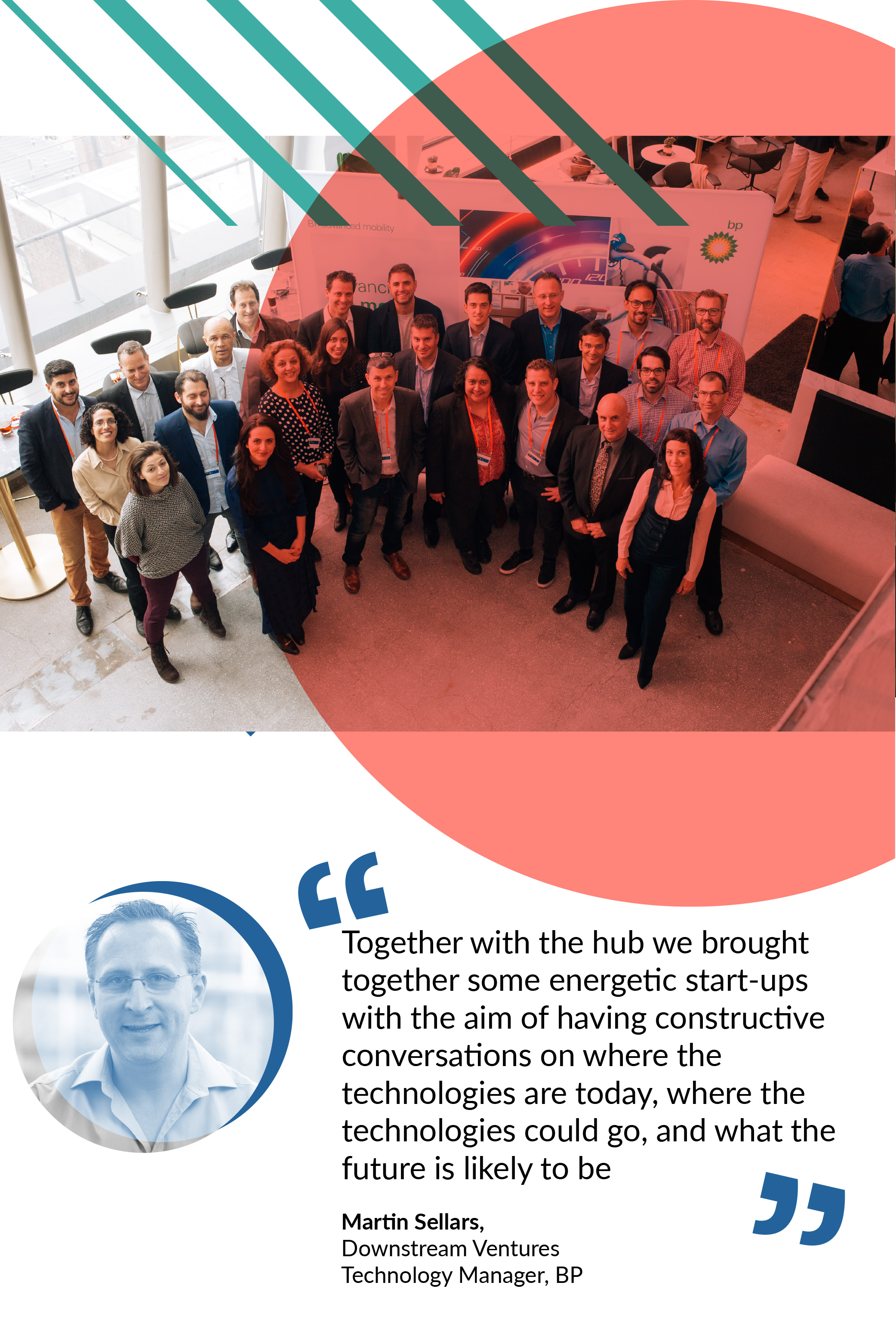Sixties Fan
Diamond Member
- Mar 6, 2017
- 54,185
- 10,468
- 2,140
WATCH: Israeli-Taiwan Tech Ties Are Booming! | United with Israel
Explore the booming tech relationship between the Startup Nation and the Scale-up Nation!
Follow along with the video below to see how to install our site as a web app on your home screen.

Note: This feature currently requires accessing the site using the built-in Safari browser.


:quality(70):focal(1858x946:1868x956)/cloudfront-eu-central-1.images.arcpublishing.com/thenational/GVJGBDOJCXPDBP7QTGIHDAIETM.jpg)
